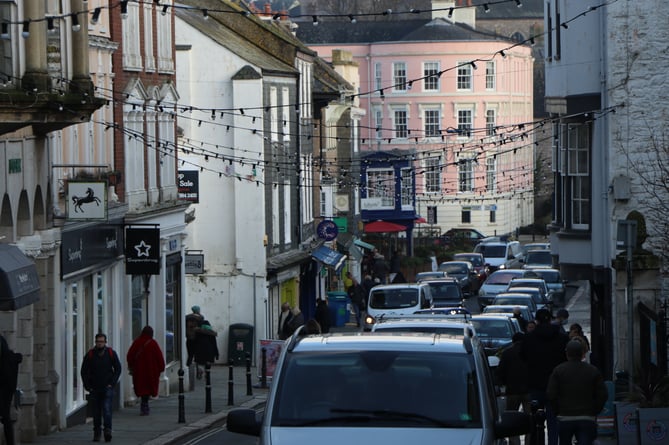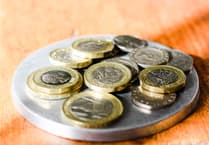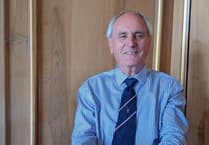Taxi users in South Hams are set to see a significant increase in fares after councillors agreed that current rates were too low.
At a meeting of South Hams Licensing Committee on Thursday, members heard how taxi fares in the district had not been reviewed since 2016 and it was important to assess them in the light of recent significant rises in the cost of living, especially fuel price increases.
A 12.1 per cent rise across the fare table was the committee’s preferred option.
The figure is based on the current consumer-price index (CPI) inflation figure of 4.9 per cent, plus an estimated inflationary rise since January 2018 of 7.2 per cent.
Other options presented included a 4.9 per cent rise across the fare table based on the most recent CPI inflation figure.
A 6.7 percent rise was also considered, based on the current CPI inflation figure, plus the average CPI inflation figure since January 2018 of 1.8 per cent.
Totnes Taxis Ltd also proposed an increase of 21 per cent for the first 880 yds.
The subsequent distance charged would be reduced from 170 yards to 140 yards. An increase of 10 per cent to tariff 2 for the first 880 yds and 15 per cent to tariff 3.
Cllr Rosemary Rowe (Cons, Dartmouth and East Dart) proposed the option for a 12.1 per cent increase. “I think there are two points we need to consider here,” she said.
“The first one is the ability of people to pay for a taxi; how much they’re prepared to pay because there are people around towns and indeed in the villages who want to get into town, who do not own a car, maybe are not serviced by a very good bus service – if indeed a bus service at all in some of our outlying areas – who need to come in to our towns and how much they are able to pay.
“Given that the cost of living is forever rising, I think we need to consider that.
“And also we need to consider the firms, the people who run the taxis and the fact that running a car or a taxi or whatever fuel’s gone up considerably.
“The last time we did it was in 2016 when I guess that diesel and petrol were probably about £1.10 or £1.15 per litre.
“I would be considering all those options and I would go with option two, which is a 12.1 per cent increase.”
Cllr Guy Pannell (Lib Dem, South Brent) agreed with Cllr Rowe and suggested it would put fares on par with other local authorities.
“I do feel that a 12.1 per cent which covers inflation since the fees were last set is a fair figure,” he said.
“And if the traders have concerns they can come back and voice those in their comments when this is published.
“And I agree that although this would lift us to forty-second nationally, that a lot of other councils will probably be reviewing their figures at the moment and that we will probably drop down to somewhere near the middle.
“I would be in favour of the 12.1 per cent.’
Because of the sharp spike in fuel costs, it was also proposed that an exceptional fuel price figure be included within the list of applicable extra charges.
An extra charge of 10p on the fare price, when the price of fuel exceeds £1.75 a litre was suggested.
This measure has already been successfully adopted by two other Devon local authorities and is thought by some to be a proportionate response to the recent uncertainty in fuel prices.
But the idea of a 10p exceptional charge was criticised by Cllr Peter Smerdon (Cons, South Brent).
“If diesel is at £1.75, then the chances are petrol will be £1.65 which is below this,” he said.
“Are you going to tell me that somebody who’s running a petrol taxi won’t be charging the 10p?
“And when the price of fuel does go below this level, what mechanisms are in place to make sure that drivers are not still charging the 10p?”
Cllr Smerdon was assured that, if the option had been approved, it would be monitored by undertaking “mystery shopping’ where private companies or licensing officers acting as customers.
However, the option to increase fares by 12.1 per cent was approved unanimously by councillors.




